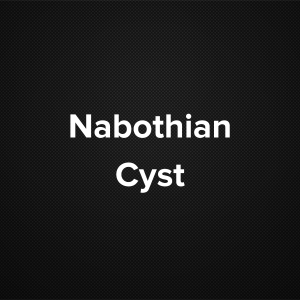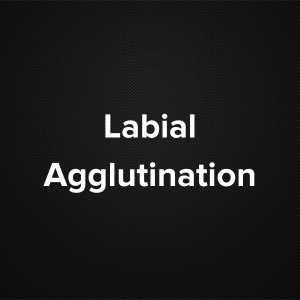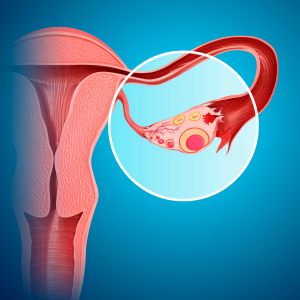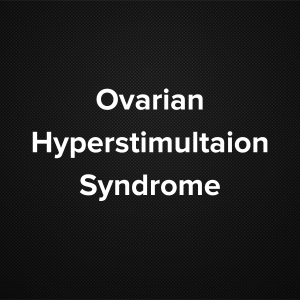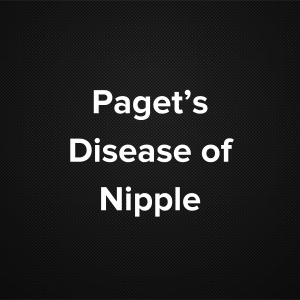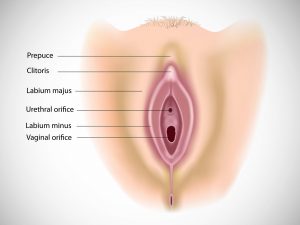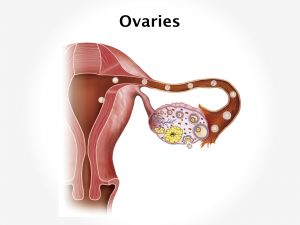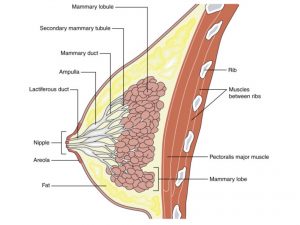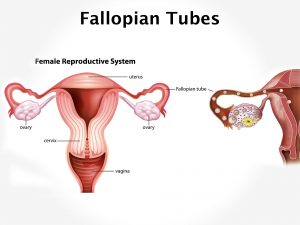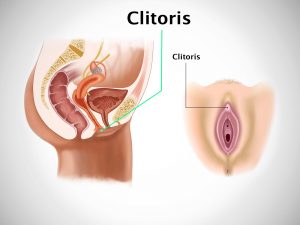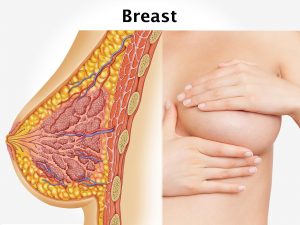Causes and risk factors
The exact cause of ovarian cysts is not known. However the theory of hormonal imbalance is said to be one of the cause. Hormonal imbalance like high levels of testosterone and low levels of estrogen and progesterone give rise to various signs and symptoms. Certain infections, injuries, retention cysts post ovulation are common cause.
Clinical presentation:
Most of the women are asymptomatic, while some can present with complaints of pain in lower abdomen. It is dull aching pain. The pain can be aggravated during menses, sexual intercourse or during bowel movements .Irregular menstrual periods. Heaviness in the pelvic region is felt. Nausea, vomiting and tenderness in breast are the other associated symptoms. Ovarian cyst can also lead to infertility and increase in weight. Although rare large cysts can lead to complications like rupture or can cause the ovary to move out of its position (Ovarian torsion).
Investigations:
Diagnosis is done of the basis of the symptoms narrated by the patient and the physical examination carried out by the gynacelologist. Per vaginal examination can be carried out by the gynecologist. Routine blood test called as CA125 and ultrasonography of the pelvis is advised. Certain other sets of investigations like thyroid test, lipid profile are suggested to rule out the underlying causes. Laparoscopic examination can also be done.
Treatment:
Most of the cysts are benign, and they resolve on its own so wait and watch observation is adopted by the treating doctor. Treatment plan depends upon the underlying cause. Functional cysts usually resolve on their own without any treatment. Non steroidal anti inflammatory drugs (NSAID) and Hormonal medication are advised. In cases where the cyst is large surgical intervention is required. Use of hot water bag for relieving the pain can be advised to reduce the pain and discomfort in lower abdomen.
Other Modes of treatment:
Certain other modes of treatment can also be helpful in coping up the symptom. Taking into consideration the symptoms in holistic way, homoeopathy can offer a good aid for the relief of the symptoms. The Ayurvedic system of medicine which uses herbs and synthetic derivates can also be beneficial in combating the complaints.
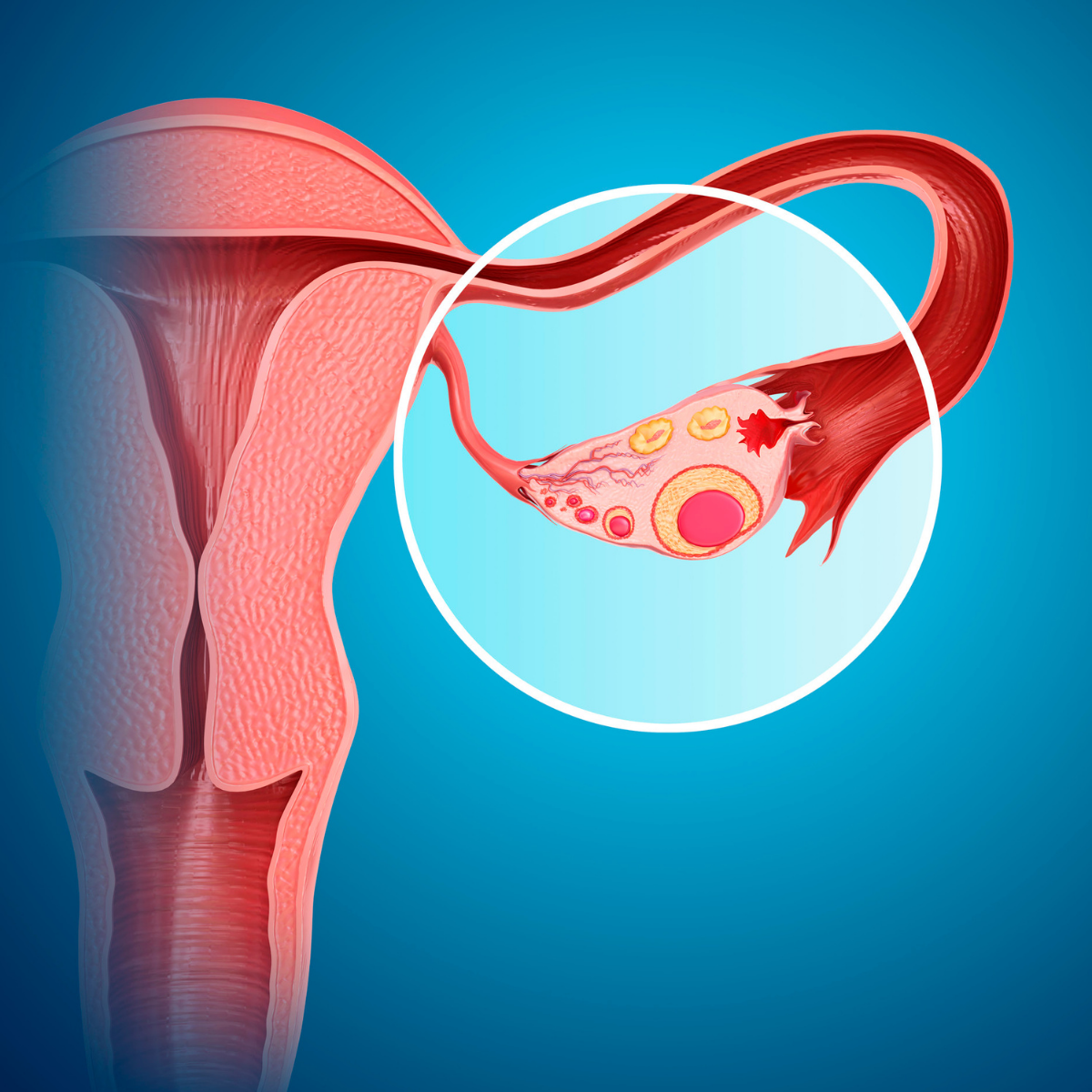
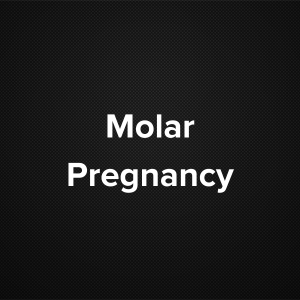
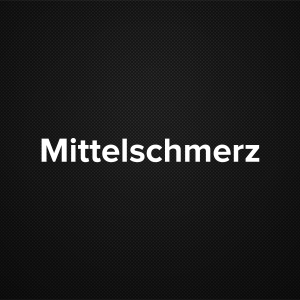
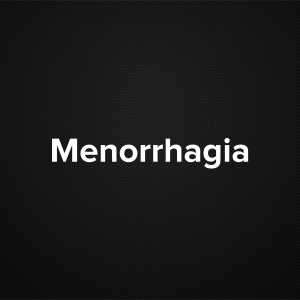
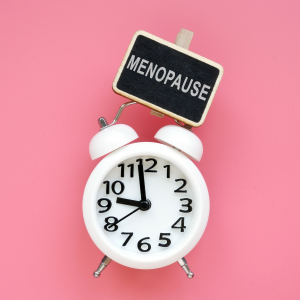
![Lobular Carcinoma In Situ [LCIS]](https://moho.loopshell.com/read/wp-content/uploads/2022/01/Lobular-Carcinoma-In-Situ-Lcis-300x300.png)
